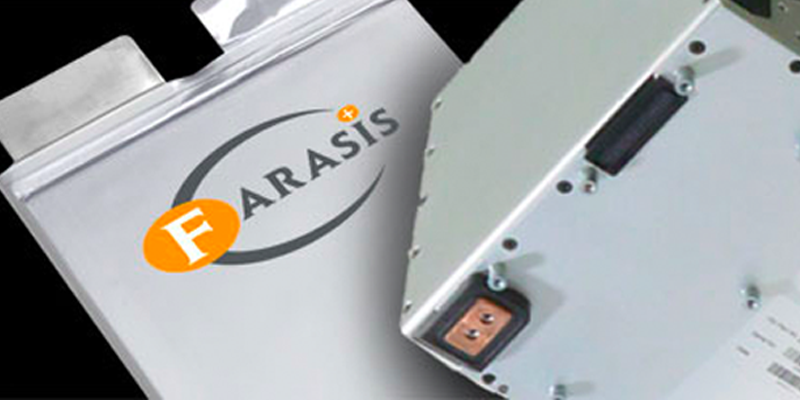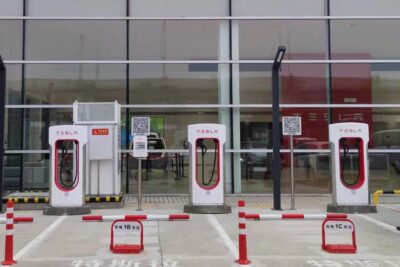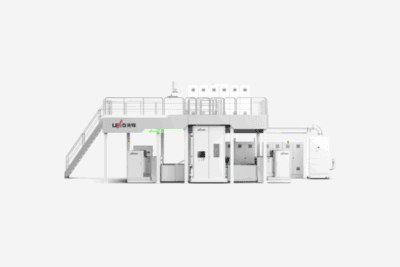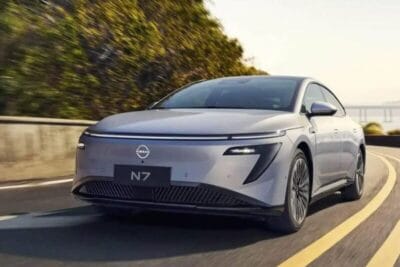Farasis expands European strategic network
The Chinese battery manufacturer and Daimler partner Farasis Energy is expanding its strategic network in Europe in the field of e-mobility with two new cooperations: New partners are the German supplier Hella and an unnamed commercial vehicle manufacturer.
The cooperation with Lippstadt-based Hella is to focus on the development of a modular platform for battery management systems (BMS) to be used in different types of electric vehicles such as cars, trucks or buses. Farasis wants to contribute its know-how in the field of battery production, Hella its experience with control units.
According to Farasis, the plan is to subsequently produce the jointly developed BMS in Europe. The announcement of the cooperation comes just one day after Hella and the Evergrande Group, also from China, announced their intention to work together on the development and production of BMS, especially for the Chinese automotive market.
According to information from Farasis, the company has entered into the second new cooperation to push its European activities with a “European manufacturer of commercial vehicles”. For the unnamed OEM, Farasis also says it supplies “CO2-neutral battery cells produced according to ethical standards for its electric buses”. Whether the manufacturer is Daimler Buses is a matter of speculation. The existing cooperation between Farasis and Daimler would suggest that it is.
Farasis Energy describes Europe as a growth market with high strategic importance. Since 2019, the European arm of the group, Farasis Energy Europe GmbH, has been based in Frickenhausen near Stuttgart. The aforementioned partnership with Daimler also dates back to that year. Since 2020, the Stuttgart-based automotive group has held a 3 per cent stake in the listed battery manufacturer. However, there are constant rumours that the partnership is on the brink of collapse. The media reported just a few days ago that Daimler now wants to enter the production of battery cells itself or with a partner. According to Business Insider, one of the reasons for Daimler’s change of mind is the presumed quality problems with the battery cells from Farasis Energy that were actually planned.
However, both Farasis and Daimler dismissed the reports of quality problems. “We cannot confirm speculations about the quality of cell samples,” a Daimler spokesperson told electrive. In March, Farasis Energy had for the first time given key figures for the fourth generation of its battery cell technology for electric cars. Among other things, the new cells are supposed to have an energy density of more than 330 Wh/kg and bring the range of “an average mid-size BEV to well over 700 kilometres”.
Farasis was founded in 2002 and has been producing lithium-ion batteries for electrically powered commercial vehicles and two-wheelers since 2009, and for passenger cars since 2016. According to the company, it now has an annual production capacity of 21 GWh (as of 2020) at its two production sites in Ganzhou and Zhenjiang. Further global production sites inside and outside China are currently in preparation. Only recently, Farasis founded a joint venture with the Chinese automotive group Geely Technologies to develop and produce lithium-ion battery systems with a total capacity of 120 GWh per year. Since Geely in turn has a stake in Daimler, it is obvious that the plans of all three groups are intertwined.
presseportal.de (in German)





0 Comments